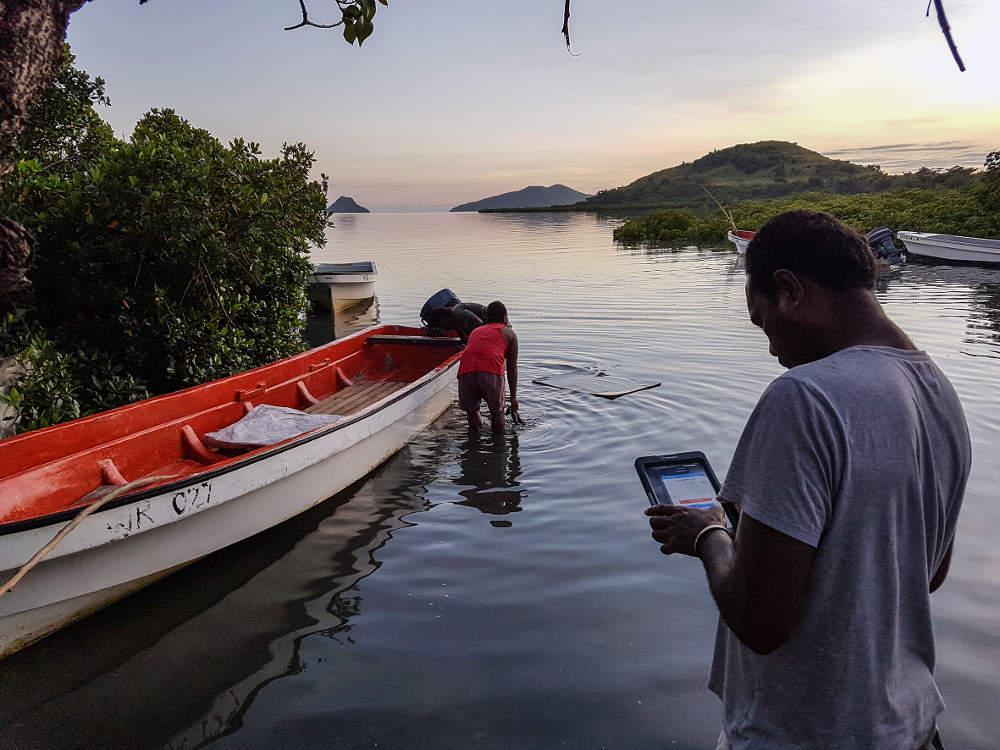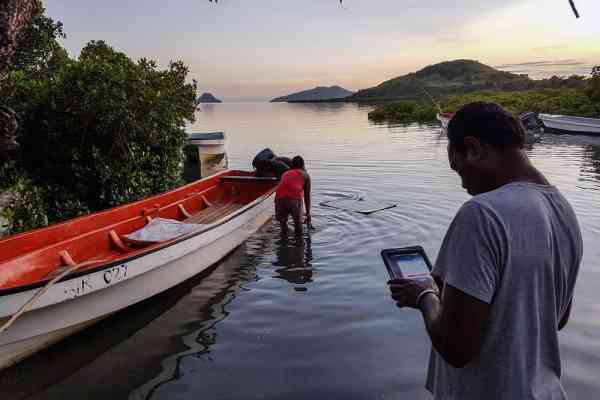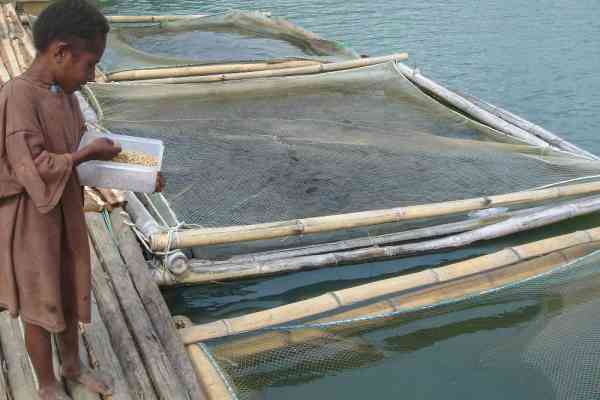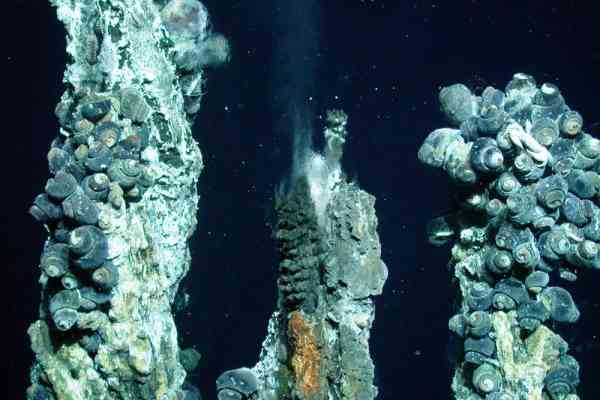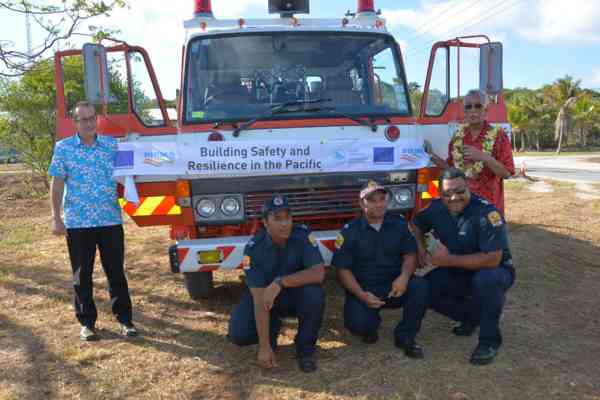A data collector is using Tails to record catch data from a fishing trip (photo credit: Phil James, SPC).
In the Pacific Islands region, the need for nearshore fish aggregating devices (FADs) to facilitate access to tuna and other oceanic fish resources is particularly important where coral reef areas are damaged or do not have the capacity to provide enough food for a rapidly growing population. SPC’s Public Health Division recommends 35 kg of fish per person per year. This need has been recognised by the Government of Fiji for several years, and a national FAD programme has been put in place.
A fisheries project, funded by the Asian Development Bank, is being implemented in Fiji’s Ra Province in the Western Division, jointly by SPC and Conservation International (CI). The project has a significant monitoring component, the purpose of which is to understand the impacts of FADs in facilitating access to new fisheries resource for Ra Province, including identifying any impacts on household consumption and livelihood activities.
In April 2017, SPC’s Fisheries Economist, Phil James, and Data Analyst/Trainer, Andrew Hunt, trained seven community data collectors, two fisheries officers and one regional officer in using Tails — a web application developed by SPC for smartphones and tablets — to facilitate the recording and transfer of coastal fisheries catch data and in household survey techniques. Monitoring will continue until December 2017.
Six of the major fishing villages in Ra Province were selected for monitoring, plus the main landing site. In February 2016, coastal reefs throughout the path of Cyclone Winston were severely impacted by the rough sea conditions generated. Climate change is expected result in more cyclones, and warming ocean temperatures will negatively impact coastal reef health and fish stocks. Current fishing activities in Ra Province target coastal resources such as reef fish and sea cucumbers. The deployment of FADs offers an opportunity to access pelagic fish species, such as tuna, and provide a wider range of options to fishers in Ra.
Fish catch and effort data will be recorded using the Tails application for artisanal tuna collection and, as far as possible, species level data will be collected. Data will be reported back monthly to the communities via tablets and printed posters, thereby helping to empower communities to make informed decisions about the use of their resources. Data will also contribute to the regional understanding of the impact of FADs on coastal fisheries and livelihoods.
For more information:
Philip James, Fisheries Economist, SPC, [email protected]
Andrew Hunt, Data analyst/Trainer, [email protected]
Read more about this on FAME website:
Fisheries Newsletter #152
